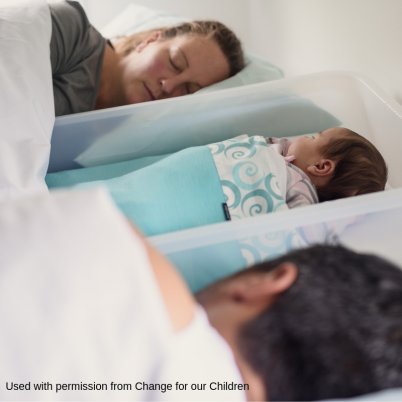Smokefree whānau
Smokefree Homes
Second-Hand Smoke
Smoking around children and young people is harmful. They will be exposed to second-hand smoke, a lethal mix of chemicals such as arsenic, hydrogen cyanide, ammonia and carbon monoxide. There is NO safe level of exposure to second-hand smoke.
Children are at greater risk of becoming ill when exposed to tobacco smoke because they have smaller airways, breathe faster and do not have a fully developed immune system. There is an increased risk of developing asthma and other respiratory problems and they are more susceptible to glue ear which can lead to learning difficulties and even deafness.
Children are often not able to get away from the smoke in your car. Opening or winding down the window will not remove all of the poisons in second-hand smoke. The poisons will linger long after the smoke and smell have disappeared. Ask your family and whānau to support you by not smoking in your car and home.
Find out more about second-hand smoke
Smokefree Cars
The Smoke-free Environments (Prohibiting Smoking in Motor Vehicles Carrying Children) Amendment Act was passed in May 2020 and came into force on 28 November 2021. This prohibits smoking and vaping in motor vehicles carrying children and young people under 18 years of age.
Smoking (or vaping) in a vehicle carrying a child occupant may result in the individual being liable for a fine of $50, or a court can impose a fine of up to $100.
Southern Safe Space Programme
The Southern Safe Sleep Space Programme aims to reduce the rates of Sudden Unexpected Death in Infancy and encourage the spread of safe sleep messages.
Pēpi Pod and Wahakura is a portable sleep space for babies who are most at risk of Sudden Unexpected Death in Infancy and provides protection from accidental suffocation in places such as adult beds, couches and other places where your baby may be sleeping.
